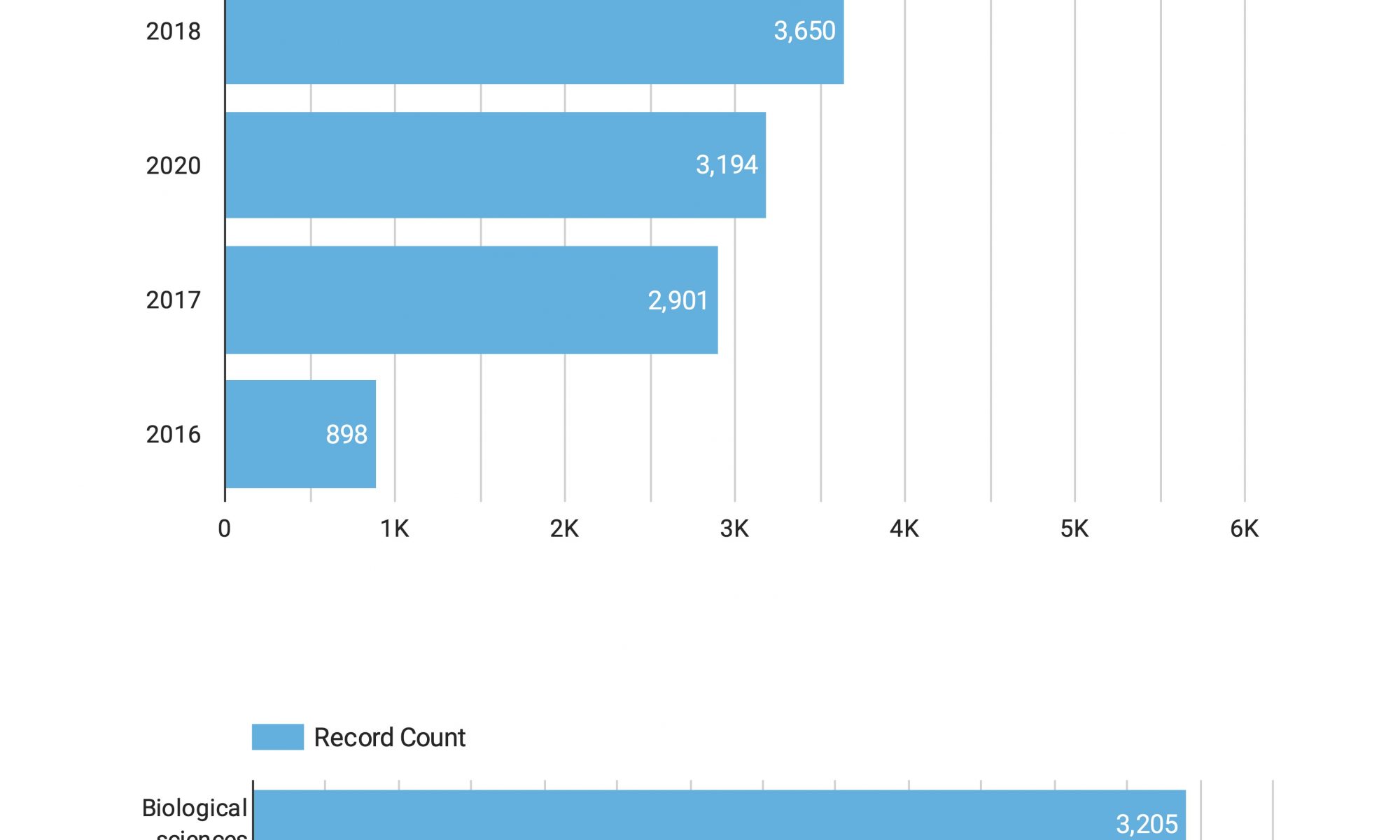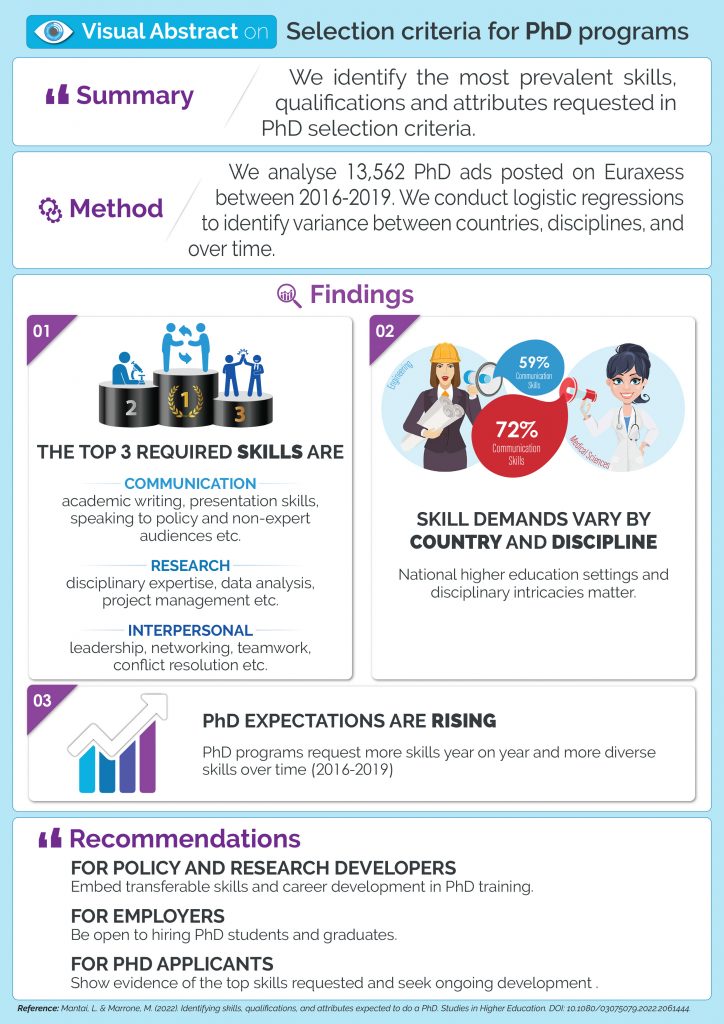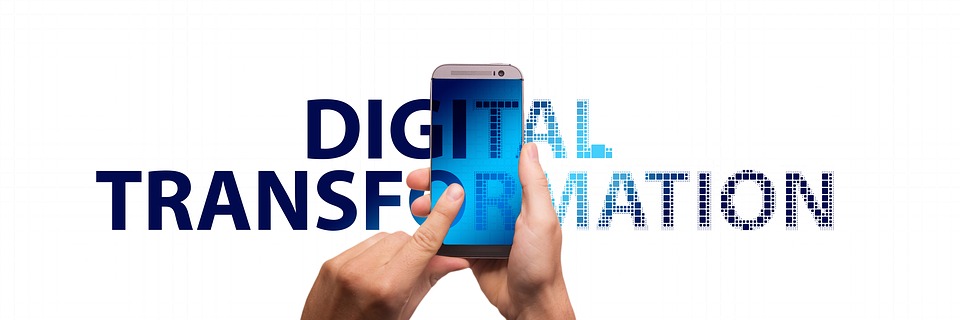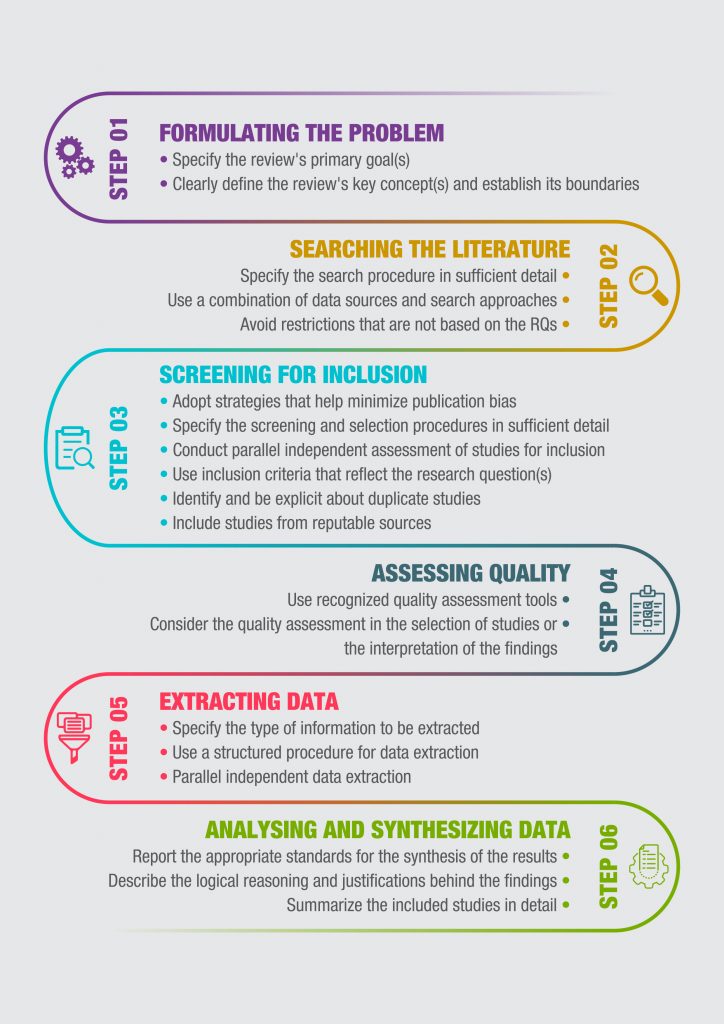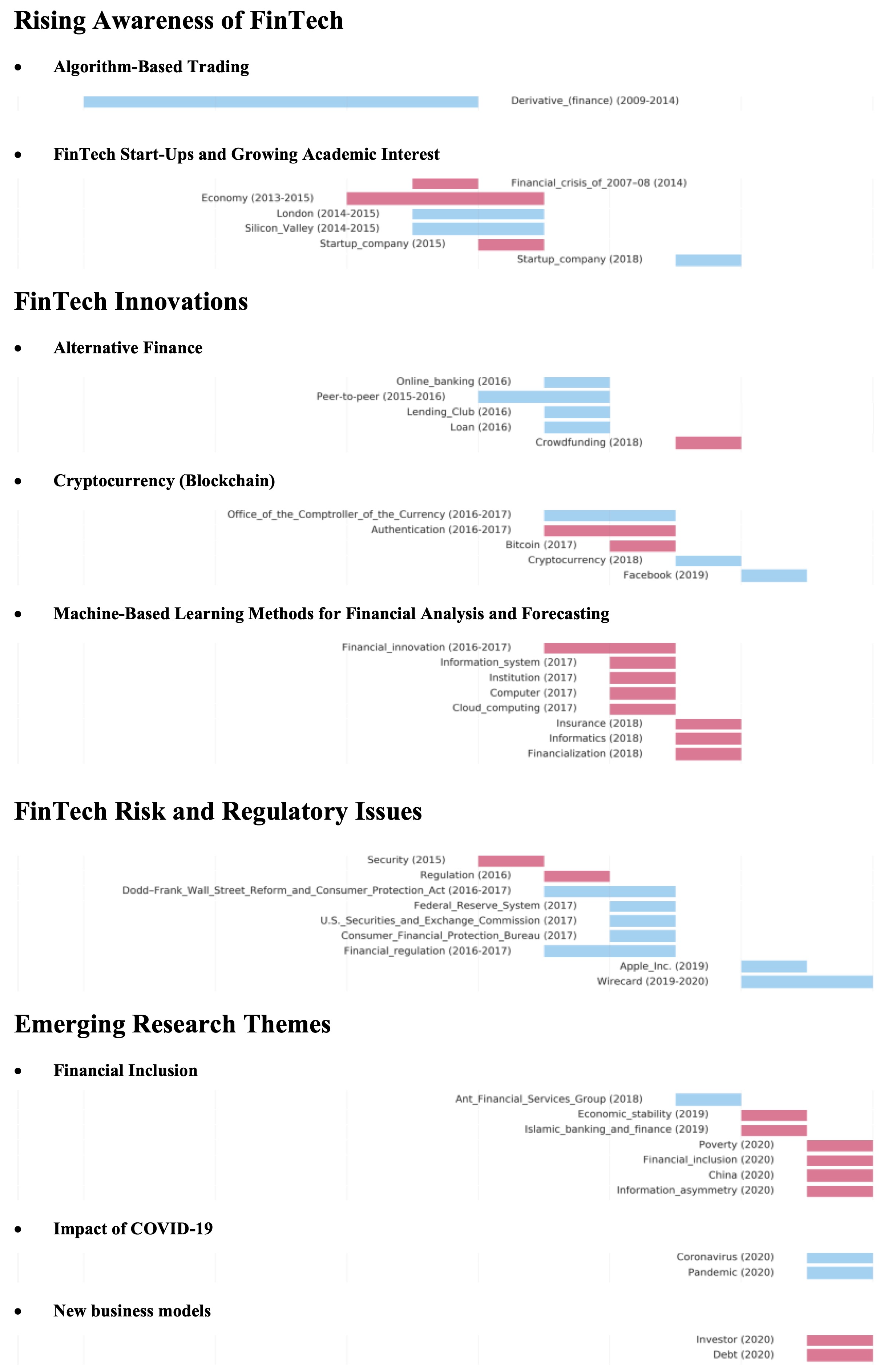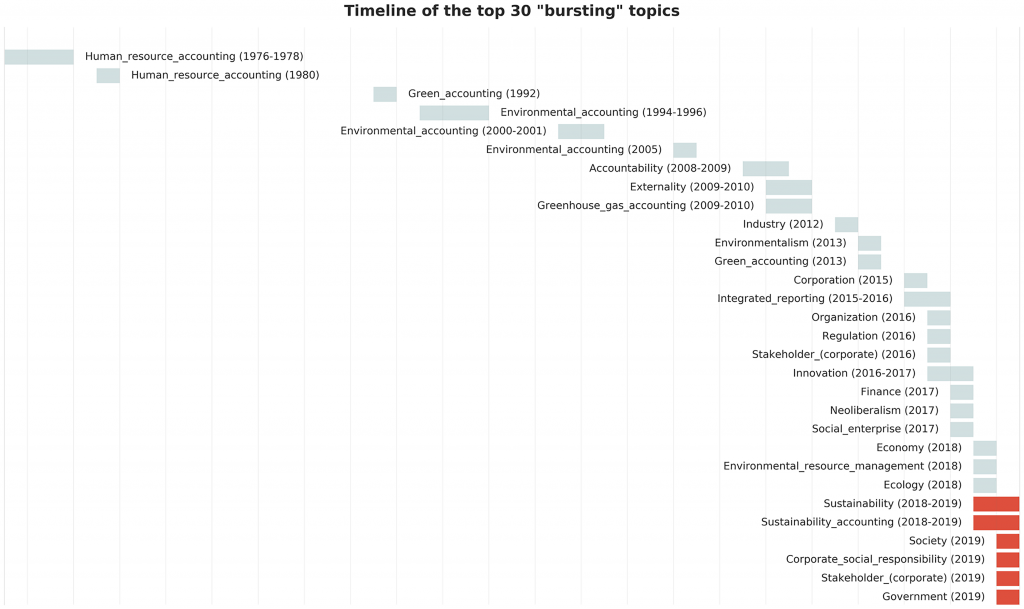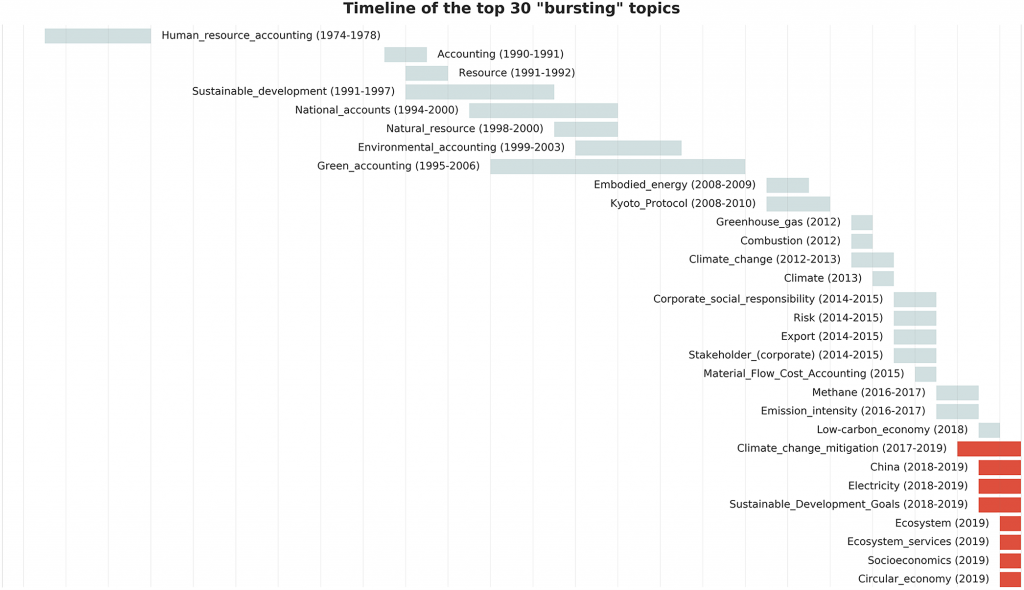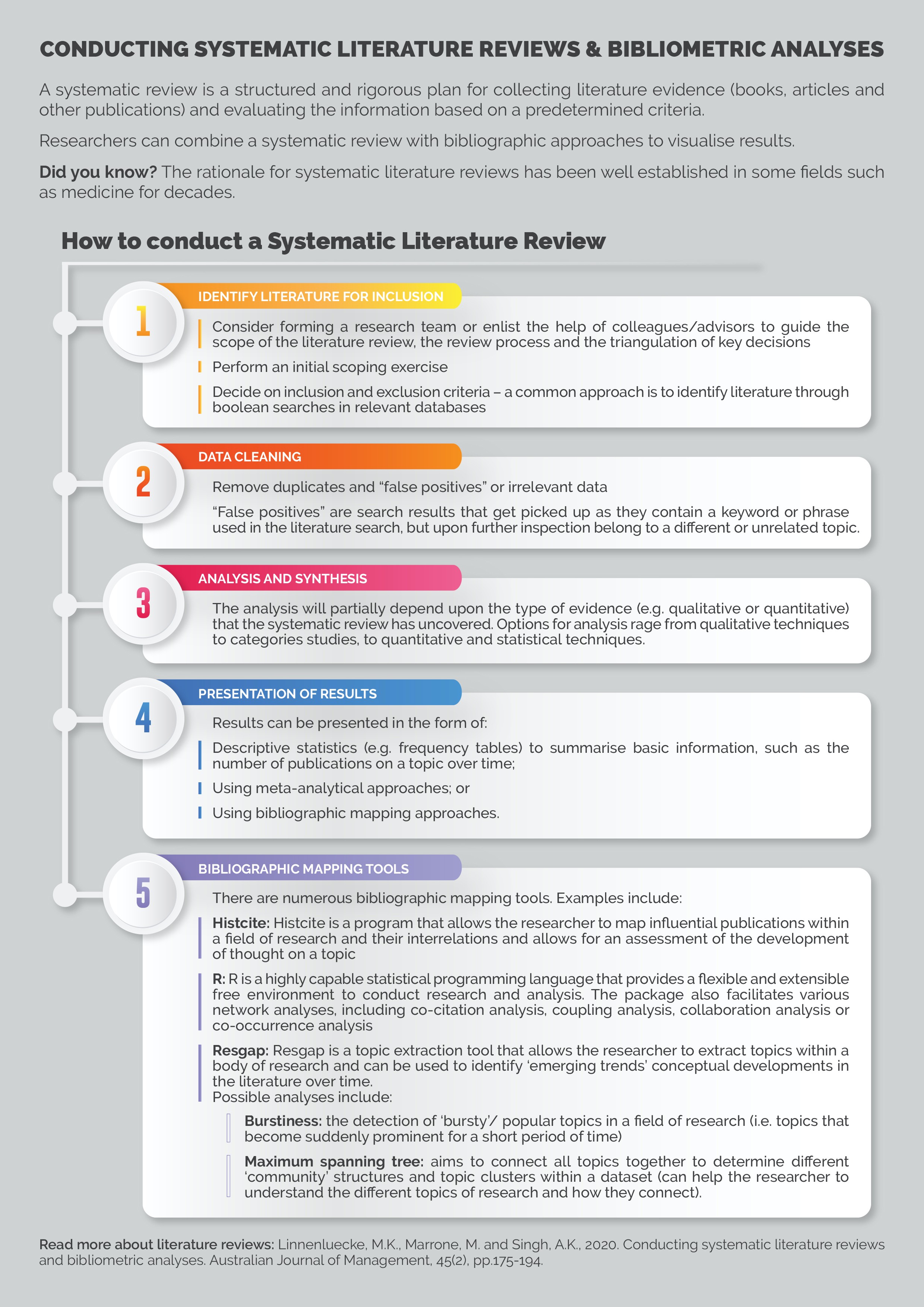As the sun rises over Sydney’s iconic Opera House, another day dawns for Australia’s job market that rapidly navigates the AI revolution. From Woolies self-checkouts to algorithmic AFL outcome predictions, from automating routine tasks to complex problem solving, AI tools have long transformed the nature of work, job descriptions and skill sets we see in demand across the nation/s labour market. More than that, AI advancement moves faster than a kangaroo can jump. To future-proof Australia’s work needs, we must understand how our education and training can meet these skill needs to stay ahead of the game.
Recent research insights at University of Sydney and Macquarie University revealed the top Australian job titles/roles that most likely require AI skills. We used a proprietary data set of 2.7 million job ads from 2016-2024 to identify the job roles requesting AI skills. AI skill taxonomies are in development, we applied the AI skill classification as defined by Lightcast in the OECD 2023 report. It clusters AI skills in artificial intelligence, autonomous driving, machine learning, natural language processing, neural networks, robotics, and visual image recognition.
Top 15 jobs that demand AI skills down under
The heavy hitters in the AI skill arena down under are:
| 1 | Software Developers |
| 2 | Computer Systems Engineers/Architects |
| 3 | Computer and Information Research Scientists |
| 4 | Management Analysts |
| 5 | Market Research Analysts and Marketing Specialists |
| 6 | Information Technology Project Managers |
| 7 | Data Scientists |
| 8 | Network and Computer Systems Administrators |
| 9 | Information Security Analysts |
| 10 | Marketing Managers |
| 11 | Sales Representatives (Wholesale and Manufacturing, Technical and Scientific Products) |
| 12 | Sales Managers |
| 13 | Medical Scientists (except Epidemiologists) |
| 14 | Computer and Information Systems Managers |
| 15 | Computer Users Support Specialists |
It’s no shocker that technical roles are at the top of the list when it comes to AI skills—they naturally need heaps of IT know-how. This 2022 report by the Australian government and National Skill Commission found that the AI surge created new job titles like Data Scientist and Data Engineer that do not even exist in the Australian occupational classification system. But what’s really interesting is the way AI skills are creeping into not-so-technical fields like Marketing and Sales. Jobs in these areas are now using AI for things like analysing social media sentiment, optimising marketing campaigns, creating customer recommendation systems, and building chatbots for customer support.
Even more fascinating is the rise of managerial roles needing AI skills. Managers use AI for data-driven decision-making, evaluating organisational performance, improving hiring and training programs, and streamlining communication. This shows how AI is becoming integral to all areas of business. Finally, a bit further down the list, we see scientists jumping into the AI game, too, which means AI skills are spreading across the job market, well beyond just IT roles.
You might notice generative AI skills—like those involving ChatGPT—aren’t on the list. That’s because these technologies only became mainstream in early 2023, while Lightcast set their definitions in December 2022. But expect to see skills like prompt engineering, ethical use of AI tools, and model training and tuning to become more common, pushing even more non-technical jobs to the top of the AI job lists.
But it’s not just about technical skills
Building national AI capabilities isn’t just about tech savviness. AI skills require higher-order thinking skills like critical thinking and creativity. Long gone are the days when it was enough to be able to write code, develop an algorithm or be proficient in prompt engineering. Practitioners need to understand the wider implications of AI integration to to ensure AI practice is ethical, inclusive and equitable, serves the common good and doesn’t hurt individuals. For instance, HR managers need to think before they deploy AI in recruitment understanding inherent biases and ensuring the technology promotes fair and inclusive hiring practices.
Case in point is our current research on the impact a company’s AI integration has on managerial roles. Our preliminary findings point to the changing of manager skills and the increasing number of various skills as organisations (we look at F100 companies) integrate AI. New manager skills in demand have nothing to do with AI. These skills include organising and planning work tasks, coordinating integration across various organisational functions, decision-making abilities, agile thinking, etc.
Role of higher education
This is where Australian universities shine and rise to the challenge. They offer safe spaces, social connections and multidisciplinary ecosystems to develop critical thinking, ethical awareness, drive for justice, and a mindset for social good. University is where future generations are nurtured and responsible citizens are grown to advocate for themselves, others and the planet. That’s what universities do. Australia’s higher education is the nation’s third largest export and is a 47.8$ billion dollar industry, which suggest we grow quite a substantial share of the future generation worldwide.
Like other universities worldwide are grappling with how to respond to national AI future skill needs, Australian universities also need to keep up with changing demands for upskilling, not only in terms of content but also format of education. Here are some solid game plans for how universities can tackle these challenges:
- Interdisciplinary Programs: The future is interconnected, we can expect maths to shake hands with music, and science swapping notes with art! We are likely to see a spur of programs mixing, blending and creating new discipline areas. Interdisciplinary courses should connect technical AI learning with ethics, humanities, and social science so students get the full picture of complexity.
- Liberal Curriculum: For Undergraduate students specifically, a broader liberal curriculum could focus on the holistic student development that hones in on those uniquely human skills. Think courses like interpersonal skills, genuine listening, caring and advocating for others, ethics and justice. These can give students greater purpose beyond the first entry level job, and prep them for head-scratching ethical dilemmas when it comes to AI.
- Learning Partnerships: Not only the disciplines should be the ones talking to each other, universities for boost the authenticity and relevance of their education by partnering up with tech companies and startups to give students the real life practice experience and the networks they want. Many universities already offer real life project based work in capstone courses before releasing the graduates into the wild wild workplace. These need to be resourced to pack a punch and generate real impact!
- AI or Tech labs or incubators: Let’s finally build those bridges between academy and industry where knowledge generation meets application in real time, where ideas can be born slowly, but things can be built and broken rapidly, in order to advance our thinking. These labs can be Australia’s innovation hotspots, bring knowledge alive, facilitate crowdsourced innovations, run hackathons open to public, and empower Australia’s talent.
- Lifelong Learning: With the AI advancement travelling at the speed of light (aka much faster than a kangaroo) we need to develop a mindset for continuous learning. We cannot afford to stop learning at graduation. Think short sprints, online modules, and certified credentials to keep with the workforce needs. It’s not only good for the economy, it also boosts your personal growth and pumps up your confidence muscles.
Higher education in Australia redefines what education we provide and, perhaps even more importantly, to whom and how. 45% of Australians aged between 25-34 has some higher education degree and many look to upskilling and continuous learning to advance professionally and grow personally. However, they are all busy, juggling numerous work and life responsibilities and commitments, so delivering flexible education options to suit individual needs is key.


